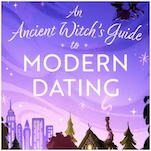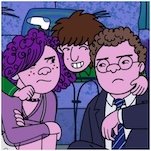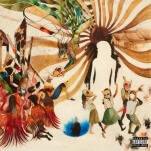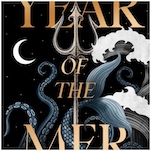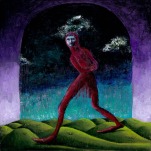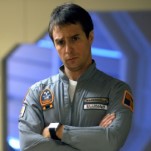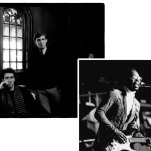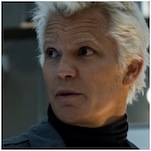“We Are All Migrants”: Mohsin Hamid Talks His New Novel, Exit West
Photo by Frannie Jackson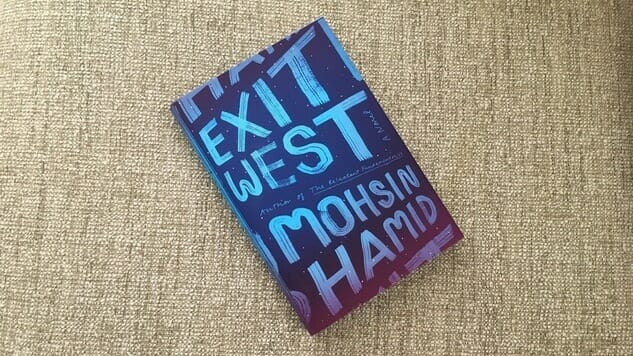
“It’s very contrary to the notion of what America is, to imagine that we can stop migration,” Mohsin Hamid says in a phone interview with Paste. Exit West, the bestselling author’s fourth novel, follows a love story between two refugees who traverse thousands of miles by passing through otherworldly doorways. The doors provide an escape, but they also have a catch: you cannot be certain where each door will lead—or if you’ll be able to find the next exit.
Critics are using the word “prescient” to describe Exit West, referencing President Trump’s executive order barring travelers from seven Muslim-majority countries. Hamid completed the novel less than a year ago, but he has always had a finger on the global pulse.
“I found it hard to imagine that [the travel ban] would actually occur,” Hamid says from his home in Lahore, Pakistan, recalling the stump speeches made during the campaign. The author describes himself as a “fairly hybridized person,” having spent 17 years of his life in the U.S., another 10 in the U.K. and about 20 years total in Pakistan. He studied law at Harvard and remembers how most of the American students held their Constitution in high regard, as though it were a religious document. “It struck me as so contrary to the American Constitution to deny a particular group of people access in that way,” Hamid says.
“I studied about the internment of Japanese Americans during the second World War and about how the Constitution was written by men, many of whom were slave owners,” he adds. “So I suppose the travel ban strikes me as coming from an era I thought we’d left behind, but I guess we haven’t entirely left it behind.”
Leaving things behind is central to Exit West. The first page opens in a city on the brink of an abyss, tipping towards civil war and swollen with a sea of refugees. Hamid leaves it unnamed in the text, leading the reader to imagine it could be located in any of the seven countries listed on the travel ban. We witness two students, Saeed and Nadia, taking a class about corporate entity and product branding to bolster their chances in the professional world, even as their own world is falling apart.
-

-

-

-

-

-

-

-

-

-

-

-

-

-

-

-

-

-

-

-

-

-

-

-

-

-

-

-

-

-

-

-

-

-

-

-

-

-

-

-


